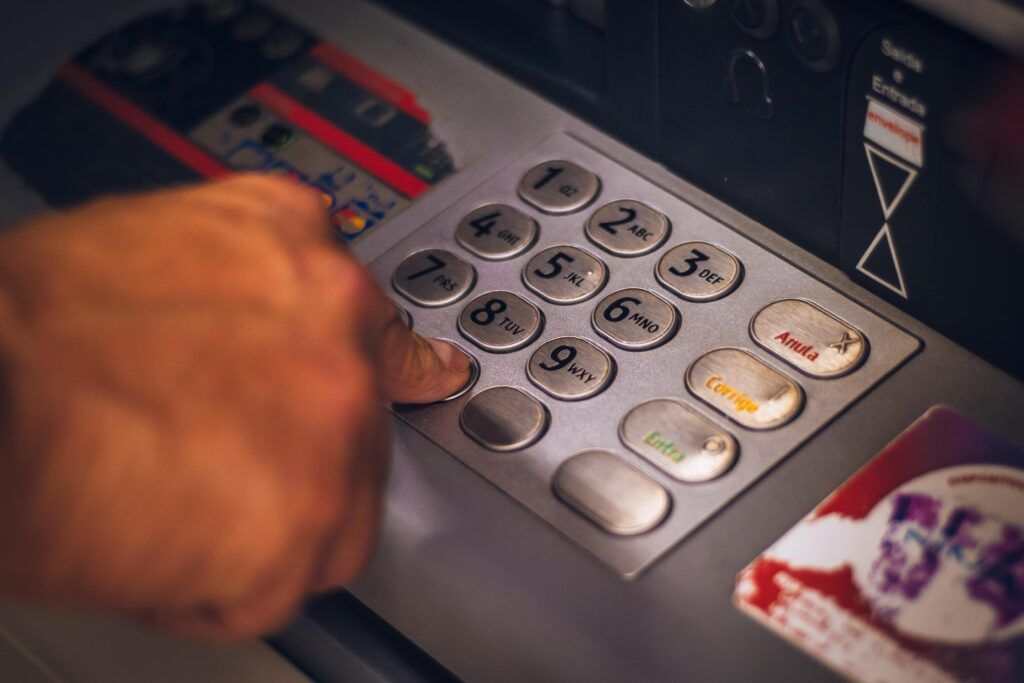What happens when you win and the losing party in a Court case refuses to pay you? Yes, you have won the case, and yes, the Judge has pronounced the Judgment in your favour. What can you do when this happens? In this event, you should consider taking out Garnishee Proceedings to enforce the Court Judgment.
What is Garnishee Proceeding?
Garnishee proceedings is a very practical step to take when faced with a losing party who simply refuses to pay even though they have monies in their bank accounts or if they have a valuable contractual arrangement with another person or entity.
Briefly speaking, Garnishee Proceedings is one of the many modes of enforcement for you to recover monies due and owing under a Court Judgment against a losing party, from third parties.
In a given scenario, there are two parties in a legal proceeding, namely Party A and Party B. Party A wins the case, and the Court orders Party B to pay RM100,000.00 to Party A. In this case, Party A is now known as the ‘Judgment Creditor‘, whilst Party B is known as the ‘Judgment Debtor‘. The RM100,000.00 ordered by the Court is called the ‘Judgment Sum‘.
When the Judgment Debtor fails or refuses to pay, you as the Judgment Creditor may choose to enforce the Judgment by applying for a ‘Garnishee Order‘ to garnish the amount awarded under the Judgment against third parties called ‘Garnishees‘. In some instances, there might be only one Garnishee. Most commonly, Garnishee proceedings are taken out against the Banks. In other situations, a Garnishee can also be a third party who has debts owing to the Judgment Debtor.
How Does Garnishee Proceeding Works?
In an application for a ‘Garnishee Order’, you may name more than one Garnishees in the proceedings. There are 2 stages to the application, namely;
- The 1st stage is an application for Ex-Parte Garnishee Order, and;
- The 2nd stage is for Garnishee Order Absolute.
“Ex-parte” in this context means the application is made to the Court only, without the presence of the Judgment Debtor at the hearing.
Once your lawyers obtains the Ex-Parte Garnishee Order, it will be served on the Garnishee to “show cause” at the hearing for the Garnishee Order Absolute. By this stage, the Garnishee, such as the bank, will typically inform you as to whether debts are owing to the Judgment Debtor and whether the amount is sufficient to satisfy the Judgment Sum. Also note that by this time, any bank account(s) garnished by the Ex-Parte Garnishee Order would have been suspended, and the Judgment Debtor will not be able to have any access to their monies.
Provided there is no dispute at the Garnishee Order Absolute stage, the Court will generally make the Garnishee Order Absolute for the banks to release the amount garnished directly to you. In simpler terms, all successful garnishee proceedings against a bank changes the obligations of the bank – instead of being duty-bound to pay the bank account holder, the bank is now under an obligation to pay the money to you, the Judgment Creditor.
What Happens if Your Bank Account is Garnished?
Now, what if you are on the other side, the Judgment Debtor and your bank have just informed you that your account is now frozen? In that case, please be advised that the bank is only allowed to garnish the amount stated in the ex-parte Garnishee Order. If the monies in your account are in excess, the bank can only freeze a portion of your account, and not the entire sum. Further, the bank cannot release the amount garnished in your account to the Judgment Creditor until and unless a Garnishee Order Absolute has been obtained.
As always, it’s vital to seek expert advice before beginning the legal process to enforce Court Judgments. Besides, there are other options for a Judgment Creditor to enforce and recover Judgment Sum other than Garnishee Proceedings (Read More here). In that respect, our team of lawyers are ready to answer your enquiries and advise you on the most feasible and options for you to recover your Judgment Sum OR to defend against any enforcement proceedings against you.
For more help or if you have a question contact us using the WhatsApp button below, contact us at +603 6419 9511

